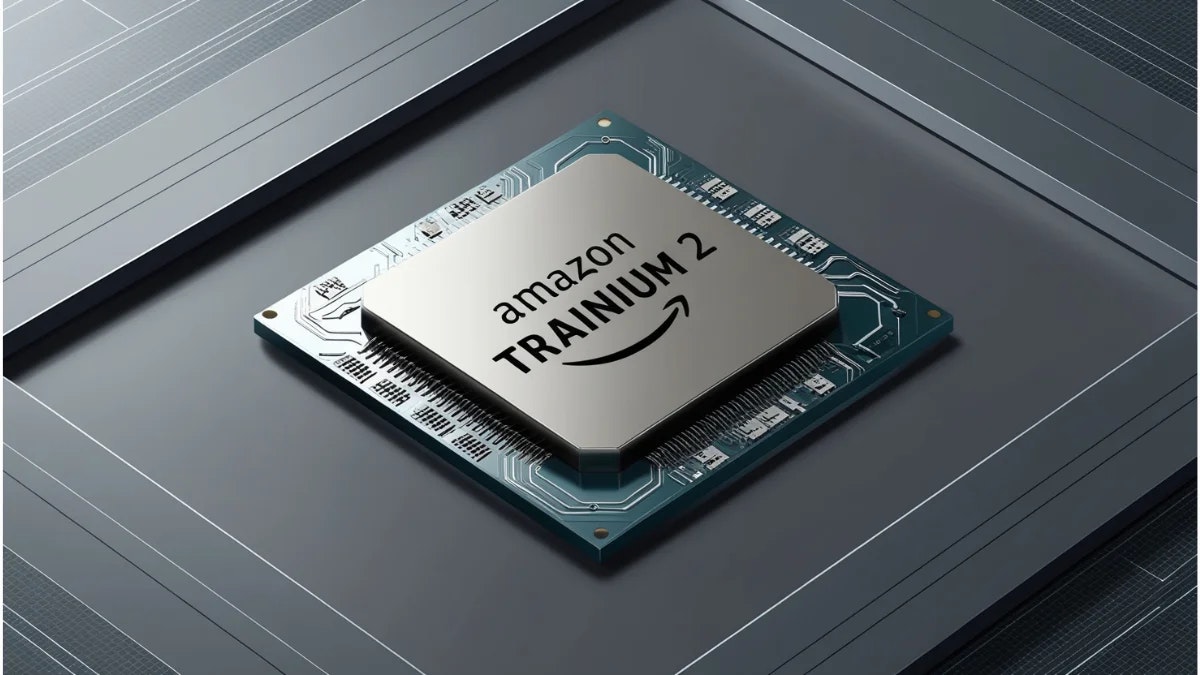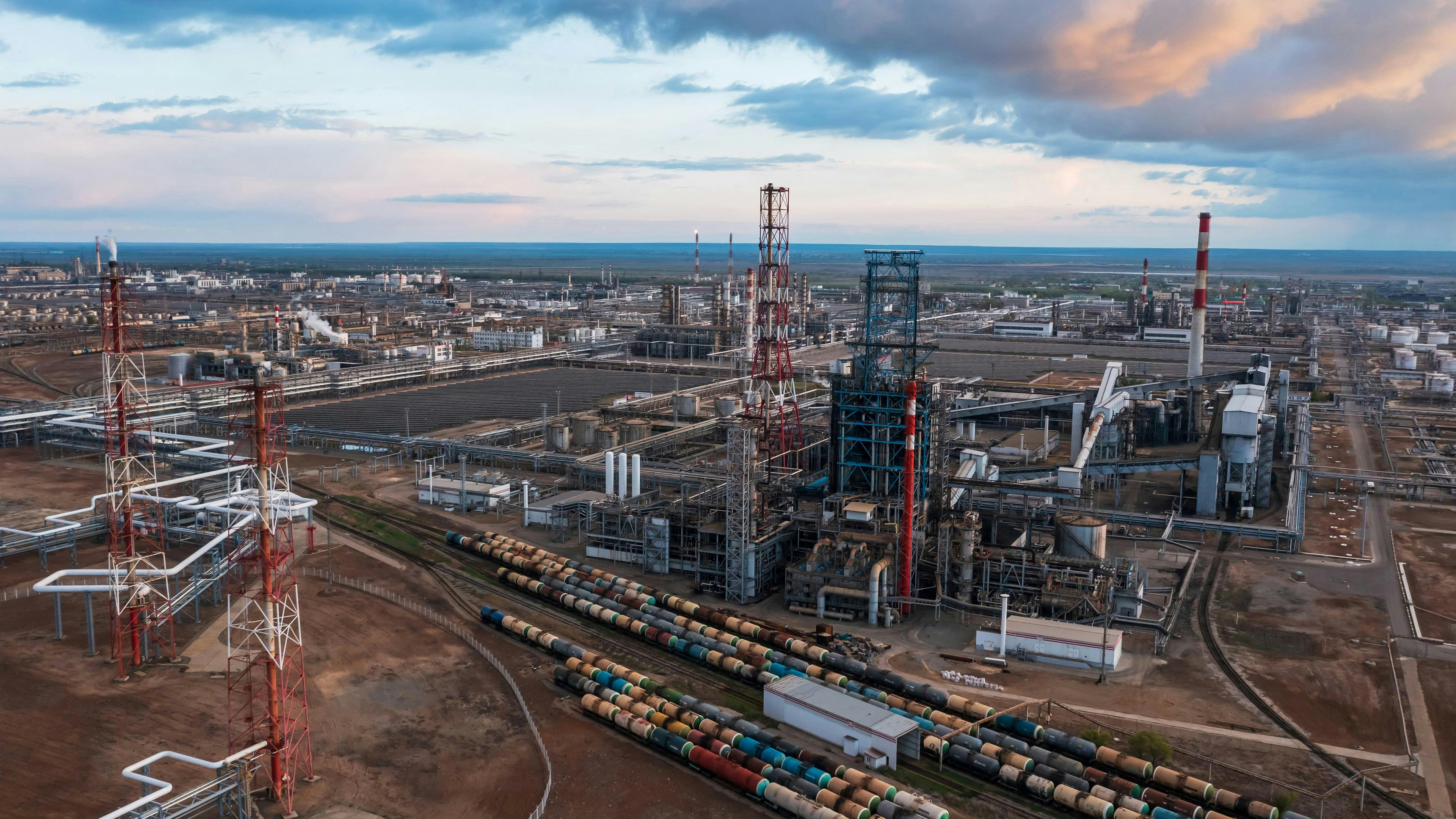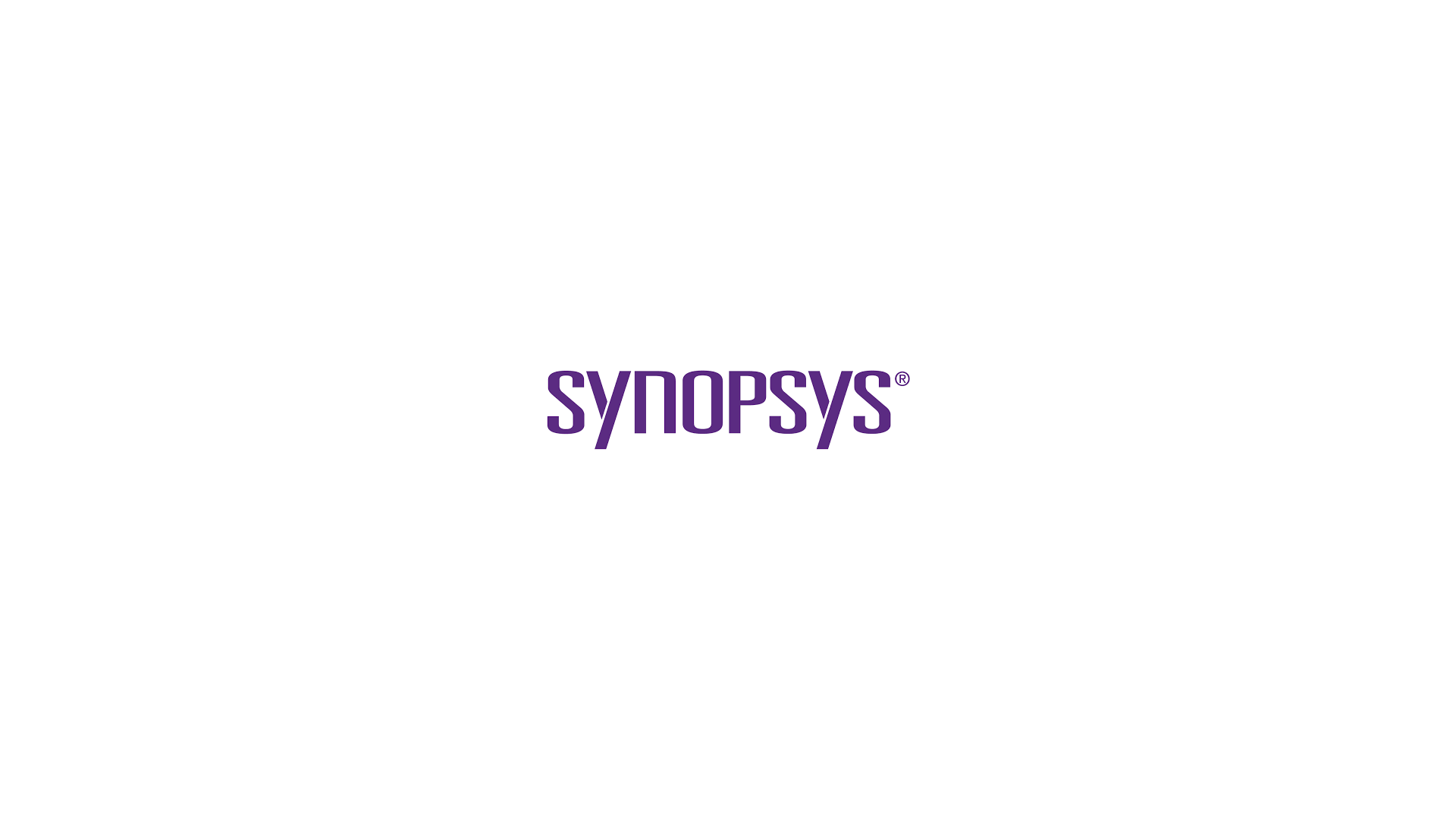Technology
Amazon vs. Nvidia: The Battle for the Future of AI Chips
Amazon targets Nvidia: The tech giant aims to shake up the multi-billion-dollar market with its own AI chips – and is making a bet that could change everything.

In an unassuming office area in North Austin, surrounded by anonymous high-rises, Amazon engineers are working on a revolution that could upend the tech market. Their goal: to challenge Nvidia, the undisputed king of AI chips. On unassuming workbenches, between cables, cooling fans, and boards full of thermal paste, Amazon's challenge to the market leader is taking shape.
David versus Goliath – or Amazon versus Nvidia?
Nvidia currently dominates the market for AI chips. Their processors are not only extremely powerful but also sought-after and expensive. With the increasing demand for generative AI, the company's chips have become one of the most coveted goods in the tech sector. Customers such as Amazon Web Services (AWS), Google Cloud, and Microsoft Azure are vying for every available unit. However, this dependence comes at a cost.
Amazon, the world's largest cloud provider, aims to reduce - or even eliminate - this dependency. Their approach: Proprietary chips that are more cost-efficient and specifically tailored to AWS requirements. The latest attempt: Trainium2, a powerful in-house development that is said to be four times faster than its predecessor.
From the Cloud to the Chip Giant
Amazon is not a newcomer when it comes to developing hardware itself. More than a decade ago, the company began designing its own servers and network switches to increase the efficiency of its data centers. By entering chip development and acquiring Annapurna Labs in 2015, this path was consistently continued. Annapurna, a small Israeli start-up, became the nucleus for Amazon's chip ambitions.
Under the leadership of James Hamilton, an industry veteran, Amazon developed the Graviton processor, which is more energy-efficient and cost-effective than traditional Intel chips. Later, specialized AI chips like Inferentia and Trainium1 followed, but they achieved rather modest success.
Why now?
The timing could not be better. The demand for AI computing power is exploding. Companies worldwide need chips to train models like OpenAI's ChatGPT or Anthropic's Claude. Nvidia can hardly cope with this demand – and here Amazon sees its opportunity.
With Trainium2, Amazon wants to fill the gap. The chip is not only supposed to be cheaper but also more powerful and convince customers like Databricks and Anthropic. The latter has committed to using Trainium chips for future projects after a billion-dollar investment from Amazon.
A Race Against Time
But the challenge is enormous. Nvidia has not only gained a technological edge but also created an ecosystem that leaves little to be desired. Their software suite is so intuitive that customers can get started without much effort. Amazon's Neuron SDK, on the other hand, is still in its early stages and often forces developers to spend weeks adapting their projects.
Rami Sinno, one of the leading minds behind Trainium2, knows the pressure: "What keeps me up at night is the question of how we can finish as quickly as possible." The chip is currently being tested in AWS data centers like in Ohio. The goal is to operate the new chips in clusters of up to 100,000 units – a massive challenge for hardware and software.
The competition never sleeps
As Amazon flexes its muscles, Google and Microsoft are also developing their own chips. Google is already a serious player in the market with its Tensor Processing Units (TPUs). Microsoft, on the other hand, is catching up with products like the AI accelerator Maia and the CPU project Cobalt.
Despite the competition, Nvidia remains the industry leader – and Amazon seems to know it. Instead of directly displacing the market leader, Amazon is aiming to complement Nvidia's chips with specialized in-house developments. Trainium2, for example, is to be used for specific tasks, while the valuable Nvidia chips are reserved for particularly demanding projects.
The plan for the future
Amazon's vision is ambitious: Every 18 months, a new chip is to be launched, faster, more efficient, and easier to integrate. But time is pressing. Nvidia and other competitors are setting the standard and developing increasingly faster products. Amazon's success depends on how quickly the company can reduce the complexity of its offering.
One thing is clear: The race for dominance in the AI chip market has just begun. And Amazon is ready to risk everything.






